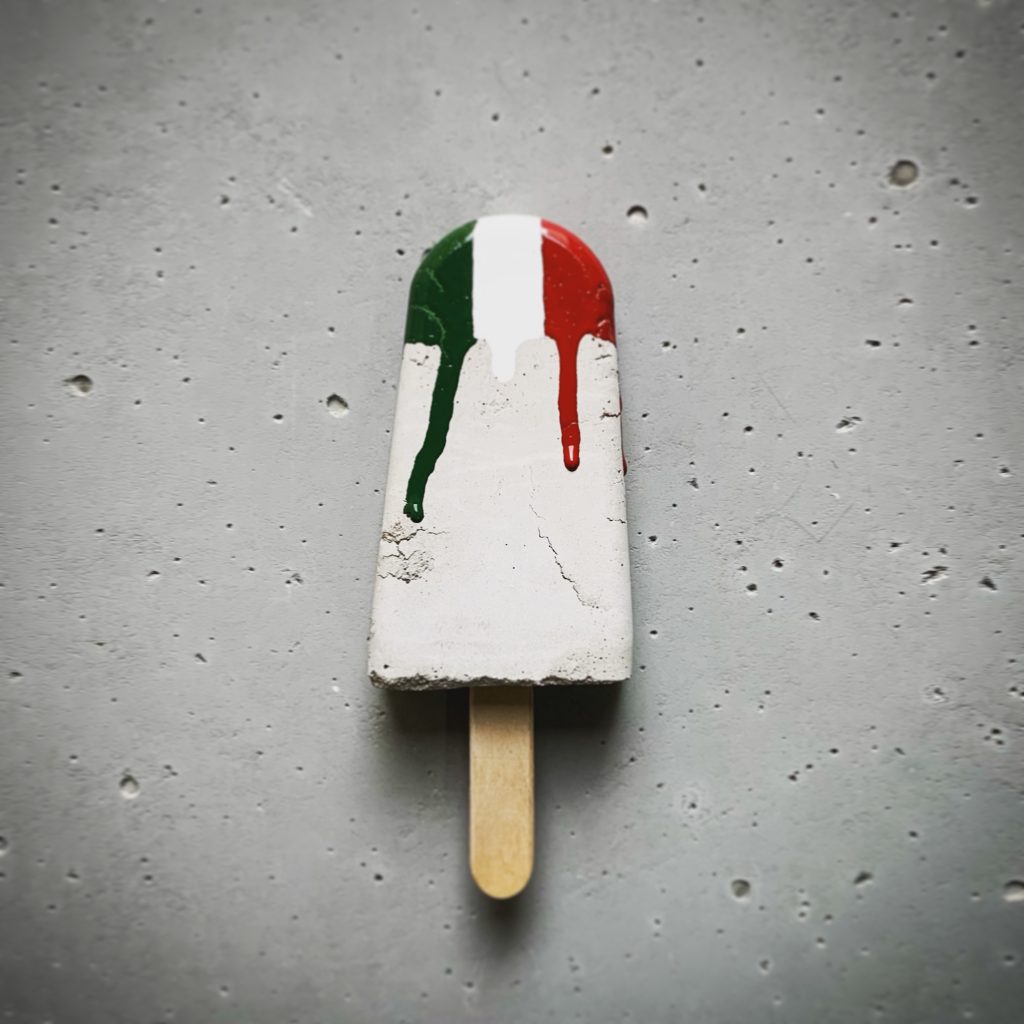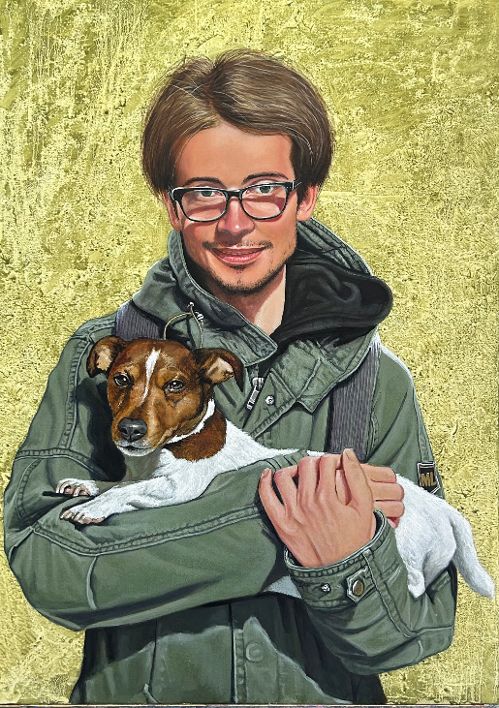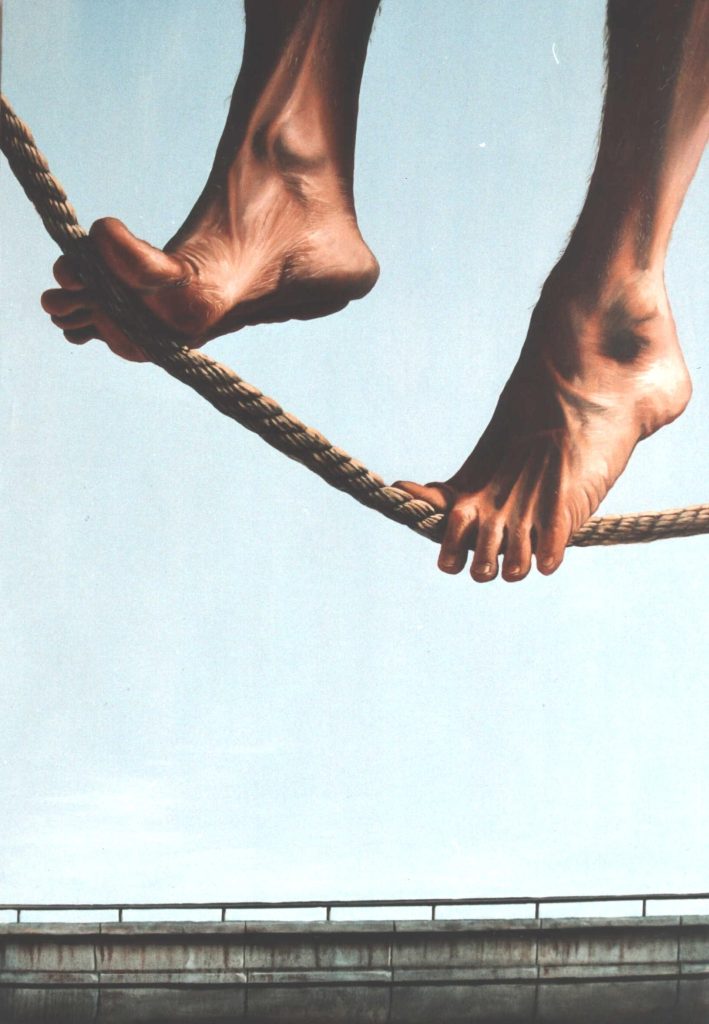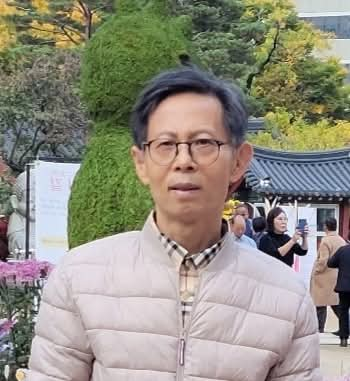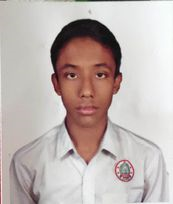Bilingualism and Cognitive Development in Children: A Study of Uzbek-Russian Bilinguals
Abstract: This paper investigates how bilingualism—especially Uzbek-Russian bilingualism—affects cognitive development in youngsters. Emphasizing the cognitive benefits seen in bilingual children—especially in executive functioning, memory control, metalinguistic awareness, and socio-cognitive development—it draws from present research and data gathered in Uzbekistan.
Although the advantages are clear, the article also addresses contextual issues such linguistic dominance and social attitudes. The paper underlines the need to encourage bilingual education in
multilingual cultures and urges greater study on underrepresented bilingual communities including Uzbek-Russian children.
Keywords: Bilingualism, cognitive development, executive functions, Uzbek Russian, metalinguistic awareness, theory of mind, socio-cognitive skills, Uzbekistan, language development, children.
Introduction
For decades, psychologists, linguists, and educators have been fascinated by bilingualism. Although the worldwide body of study has usually concentrated on European or North American populations, little is known about multilingual children in Central Asia, particularly in Uzbekistan.
Given the country’s multilingual background—where Uzbek is the state language and Russian is still widely spoken— children are often reared in bilingual settings. Focusing on executive processes, working memory, theory of mind, and metalinguistic awareness, this study looks at how Uzbek-Russian multilingual influences cognitive development.
The sociolinguistic scene of Uzbekistan provides a special background for research on bilingualism. Historically influenced by Soviet policy, Russian has retained a prominent presence in education, media, and government. Despite efforts to promote Uzbek, many families continue to speak both languages at home or across generations (Abduraxmanova & Abdurayimova, 2024).
Bilingual children often get instruction in Uzbek while consuming Russian media, leading to high levels of functional bilingualism. Recent research indicates that bilingualism improves various facets of cognitive growth. Constant mental switching between languages, Bialystok (2001) claims, helps bilingual children acquire better executive functions.
These consist of improved attentional management, mental flexibility, and inhibitory control. Baart et al. (2024) discovered in a comparative research that Uzbek-Russian bilingual kids did better in audiovisual speech perception activities than their monolingual counterparts.
Bilinguals also seem to have better memory performance. Kids with two language systems grow more efficient working memory to organize and keep vocabulary and grammar from both languages (Practice in Clinical Psychology, 2024).
This backs a developing agreement that bilingualism challenges and strengthens children’s cognitive control mechanisms rather than confounding them. Often, bilingual kids have improved metalinguistic awareness—the capacity to understand the structure and application of language.
This capacity becomes especially clear in Uzbekistan, where youngsters negotiate between two grammatically distinct languages (Alimova, 2023). They learn to think about language not simply as a medium of communication but as a system of rules that might fluctuate.
Theory of mind, the understanding that others have views and viewpoints different from one’s own, is also improved in multilingual children (Kyuchukov et al., 2023).Among Uzbek Lyuli youngsters, who speak both Uzbek and Russian or Tajik, bilingualism was found to boost early development of perspective-taking and empathy.
Despite these advantages, bilingual youngsters in Uzbekistan confront problems. Some families regard Russian to be the “prestige language,” resulting to unequal development or even loss of Uzbek abilities among urban youth. Tursunova et al. (2023) caution that such changes could impair cultural identity and weaken native language ability.
Moreover, educational systems generally do not fully support balanced bilingual development. Lack of skilled teachers, inadequate bilingual materials, and cultural bias against minority languages lead to language dominance and code-switching anxiety (Miliyeva, 2023).
Recent study in locations like Tashkent and Bukhara demonstrates that multilingual youngsters often develop early literacy skills in both languages and exhibit excellent social adaptation. However, language use varies largely on parental influence, school language policy, and peer group preferences (Baart et al., 2024; Tursunova et al., 2023). For instance, in houses where both languages are equally supported, children demonstrate higher vocabulary retention and comprehension.
Uzbek-Russian bilingualism is a good case study for learning how managing two languages influences a child’s cognitive development. The benefits—ranging from higher executive functioning to better social understanding—are consistent with global research on bilingualism. However, to reap these benefits, educational policy in Uzbekistan should better foster balanced bilingualism and overcome cultural biases.
Future research should include longitudinal data and neurocognitive tests to better validate these findings in Central Asia.
References
1. Abduraxmanova, X. R., & Abdurayimova, A. I. (2024). Reflection of Uzbek-Russian bilingualism in the speech of residents of Uzbekistan. European International Journal of Pedagogics, 4(5), 61–63.
https://eipublication.com/index.php/eijp/article/view/1873
2. Alimova, M. I. (2023). The impacts of bilingualism on children’s language development. American Journal of Pedagogical and Educational Research, 12, 300–302. https://www.americanjournal.org/index.php/ajper/article/view/924
3. Baart, M., Arakelian, E., Morozov, A., & Usmanova, M. (2024). Exploring audiovisual speech perception in monolingual and bilingual children in Uzbekistan. Journal of Experimental Child Psychology, 239, 105808.
https://doi.org/10.1016/j.jecp.2023.105808
4. Bialystok, E. (2001). Bilingualism in development: Language, literacy, and cognition. Cambridge University Press.
5. Konnikova, M. (2013, January 22). Is bilingualism really an advantage? The New Yorker. https://www.newyorker.com/science/maria-konnikova/bilingual-advantage-aging-brain
6. Kyuchukov, H., de Villiers, J., Mamurov, B. B., & Akramova, G. R. (2023). Narratives reflecting Theory of Mind among bilingual Lyuli children of Uzbekistan. Journal of Language and Cultural Education, 11(1), 1–15. https://doi.org/10.2478/jolace-2023-0001
7. Miliyeva, M. G. (2023). Influence of bilingualism on socio-cognitive personal development. Zien Journal of Social Sciences and Humanities, 1(4). https://zienjournals.com/index.php/zjssh/article/view/37658. Practice in Clinical Psychology. (2024). Cognitive abilities in monolingual and bilingual children: A comparative study in Azerbaijan Iran. Practice in Clinical Psychology, 12(3). https://jpcp.uswr.ac.ir/article-1-930-en.html
9. Tursunova, Z. F., Mamatova, D., & Sharipov, M. (2023). Bukhara’s linguistic mosaic: Unraveling bilingual dynamics. Comparative Linguistics, Translation, and Literary Studies, 1(2). https://citrus.buxdu.uz

